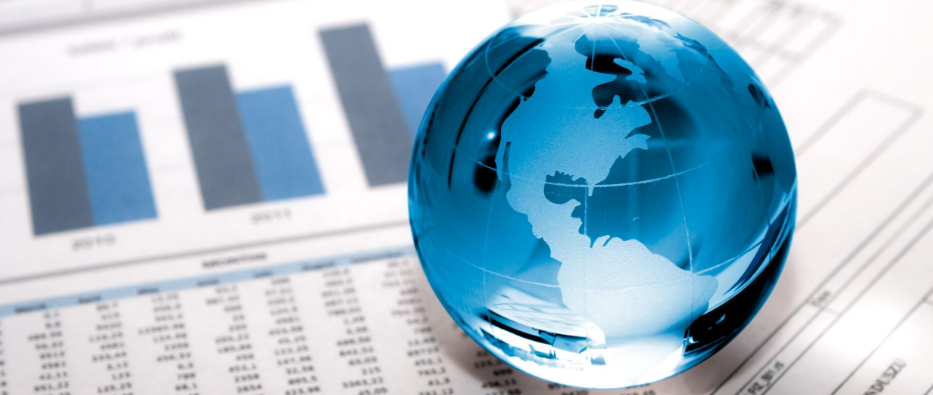Unequal partnerships
Rich countries use their power and influence to force poorer countries to agree to rules which favour the rich at the expense of the poor. The only way that poorer countries can benefit from trade is if international trade rules are deliberately weighted in favour of poor people and the environment.
Since 1980, poor countries have lost half the share in international trade that they once had. Thirty years later, poor countries only accounted for 0.4% of international trade. The projection, by the Doha Development Round projected that two-thirds of international trade is a sole gain of richer countries.
Trade “liberalization”
In 2010, the New Economic Foundation stated that for every $100 of growth, less than 1 percent was used to alleviate poverty. Through trade liberalization, rich country’s trade rules force poor countries to import goods. The poor countries industries and farmers cannot complete, leading to huge job losses, poor health care and less education. Trade “liberalization” also usually comes with increased rights for foreign investors and pressure to privatize its economy.
This inequality in global trade means that 1 in 7 people in the world are hungry. This hunger is not the result of drought, flood or failed harvests. It is a result of the way the global food system works. A result of how food is traded between countries and how the farmers, consumers and businesses within them interact.
Political and corporate influence
Rich countries such as the UK, the USA and East Asian countries have been able to protect their farmers and industries by only opening up to competition once their industries were strong enough to compete. Poor countries do not have the same rights. For example, the average EU cow is subsidized at the rate of approximately $800. In Ethiopia, the average annual income per person is just $100.
Globalization, trade and the free markets are high on most countries political agendas. Fair trade cannot happen when a nation’s own global trading policies together with international corporations’ desire to increase their profits result in manipulated international trade pacts and agreements, so that they are most favorable for themselves. The current free market makes the poor get poorer and the rich get richer.
Regulating trade
Overbearing regulations can give too much power to a few and prevent innovative ideas from flourishing. Too much deregulation can lead to corporations being able to undermine basic social and human rights as well as lead to environmental damage, often without accountability. The solutions are hard to pin down due to the inherent power conflicts between the various bodies involved. Even the World Bank has cautioned that globalization and the increasing demand for local autonomy can pose problems as well as offer benefits, if not handled properly. Whilst the fair trade movement is growing around the world, where local producers are able to fairly trade their products, current globalization does not favor those who want trade to be fair.


